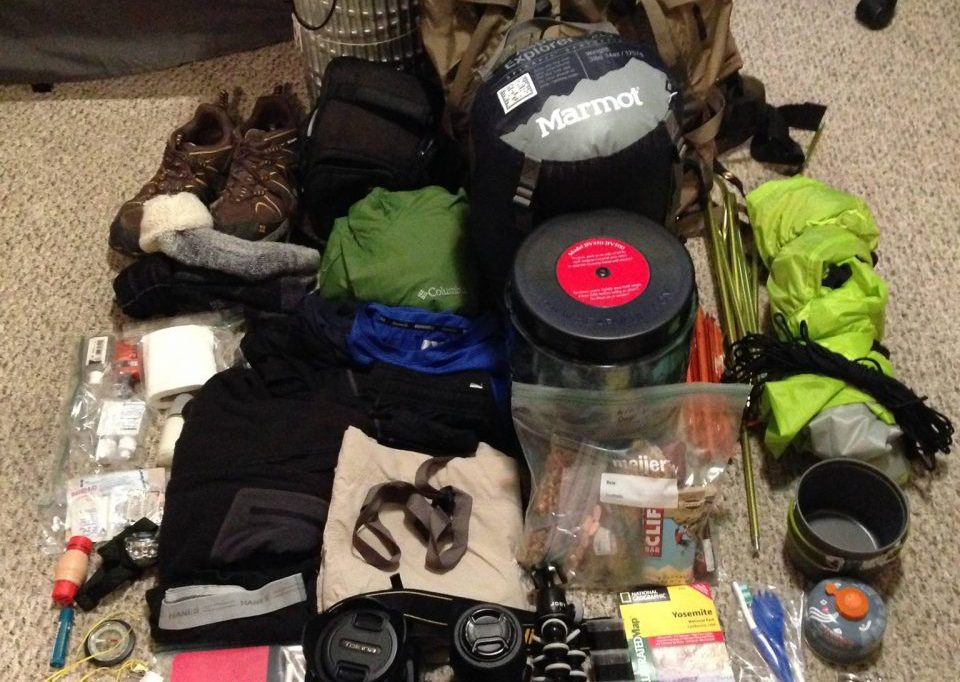
In the realm of backpacking, navigating the various permits and regulations can sometimes feel like traversing a labyrinth. However, understanding and adhering to these rules is crucial for ensuring a safe and enjoyable experience in the great outdoors.
This article will provide you with a comprehensive overview of 12 essential permits and regulations to keep in mind, ranging from national parks and wilderness areas to campsite and fire regulations.
Stay informed, stay prepared, and embrace the freedom of the wilderness responsibly.
National Parks
National Parks play a vital role in preserving natural landscapes and promoting outdoor recreation. These protected areas offer visitors the opportunity to explore and appreciate the beauty of nature while also ensuring its long-term preservation. However, it is important to note that accessing National Parks often comes with certain fees and regulations.
National park fees vary depending on the park and the type of visit. Entrance fees are typically charged per vehicle or per person and are used to support park maintenance and conservation efforts. Additionally, some parks require backcountry permits for overnight stays or for accessing certain areas. These permits help regulate the number of visitors in fragile ecosystems and ensure that everyone can enjoy a safe and enjoyable experience.
It is essential to familiarize yourself with the specific regulations of the National Park you plan to visit. These regulations may include restrictions on camping locations, fire regulations, waste disposal protocols, and wildlife protection guidelines. By adhering to these guidelines, visitors can help preserve the natural integrity of the park and maintain the freedom to explore its wonders for generations to come.
Wilderness Areas
When planning a backpacking trip in wilderness areas, it is important to understand the permit requirements.
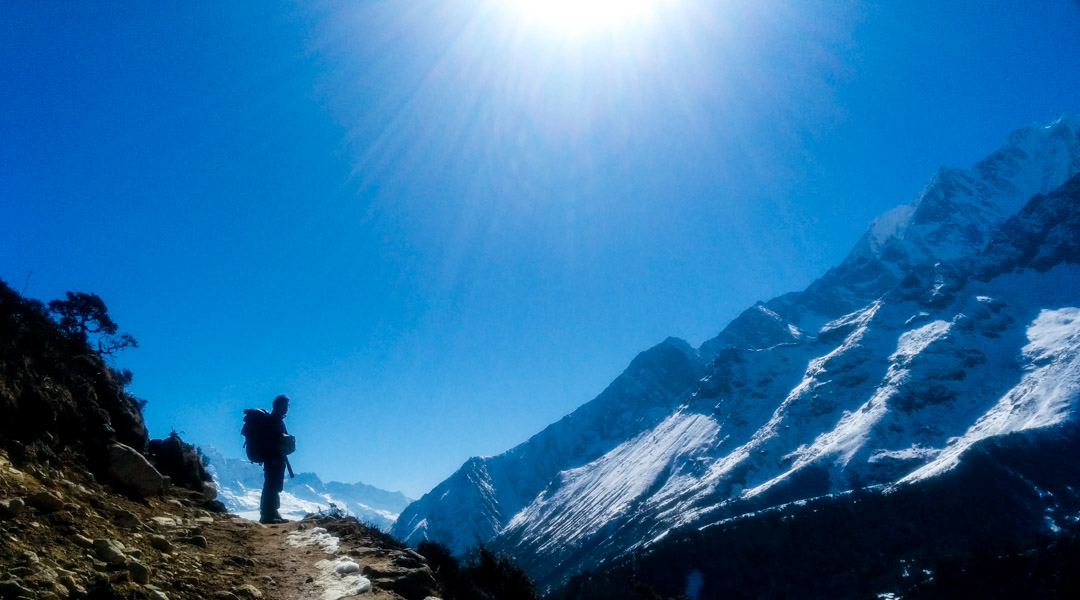
Each wilderness area may have different regulations regarding permits, including the need for overnight permits or specific entry permits. These permits are in place to ensure the preservation of the environment and to manage visitor impact.
It is crucial to familiarize yourself with the permit requirements of the wilderness area you plan to backpack in to ensure a responsible and enjoyable experience.
Permit Requirements Explained
In order to access and explore wilderness areas, backpackers must comply with specific permit requirements. These permits are necessary to ensure the preservation and protection of these pristine environments.
To obtain a permit, backpackers are typically required to submit a permit application, which includes details such as the desired dates of visit, number of people in the group, and specific areas to be visited.
The processing time for permit applications can vary depending on the wilderness area and the time of year. It is important for backpackers to plan ahead and allow ample time for the processing of their permits. This will help avoid any last-minute complications and ensure a smooth and hassle-free backpacking experience.
Impact on Environment Discussed
The impact on the environment in wilderness areas is a significant concern that must be addressed when discussing crucial backpacking permits and regulations.
It is important to recognize that backpacking and outdoor activities can have both positive and negative effects on the environment and local communities.

Sustainable tourism practices aim to minimize the negative impact on the environment while maximizing the benefits for local communities.
Backpackers should adhere to regulations and obtain permits to ensure responsible and sustainable exploration of wilderness areas.
These permits often come with specific rules and guidelines that help protect the natural surroundings, such as restrictions on campfires, waste disposal, and wildlife interaction.
Trail Systems
Numerous trail systems exist that hikers must navigate in order to comply with backpacking permits and regulations. These trail systems are essential for maintaining the natural beauty and integrity of the wilderness areas. Trail maintenance plays a crucial role in preserving the trails for future generations to enjoy.
Hikers should be aware of the importance of staying on designated trails to minimize their impact on the environment. Additionally, practicing good hiking etiquette is crucial for maintaining a positive and respectful trail experience for all. Here are some key points to keep in mind:
- Stay on designated trails to protect fragile ecosystems.
- Pack out all trash and leave no trace of your visit.
- Yield to other hikers and give them space to pass.
- Be mindful of noise levels and respect the serenity of the wilderness.
Campsite Regulations
When backpacking, it's important to be aware of the campsite regulations in order to ensure a safe and enjoyable experience.
One crucial regulation to keep in mind is fire safety rules, which often include restrictions on open fires and the use of designated fire rings.
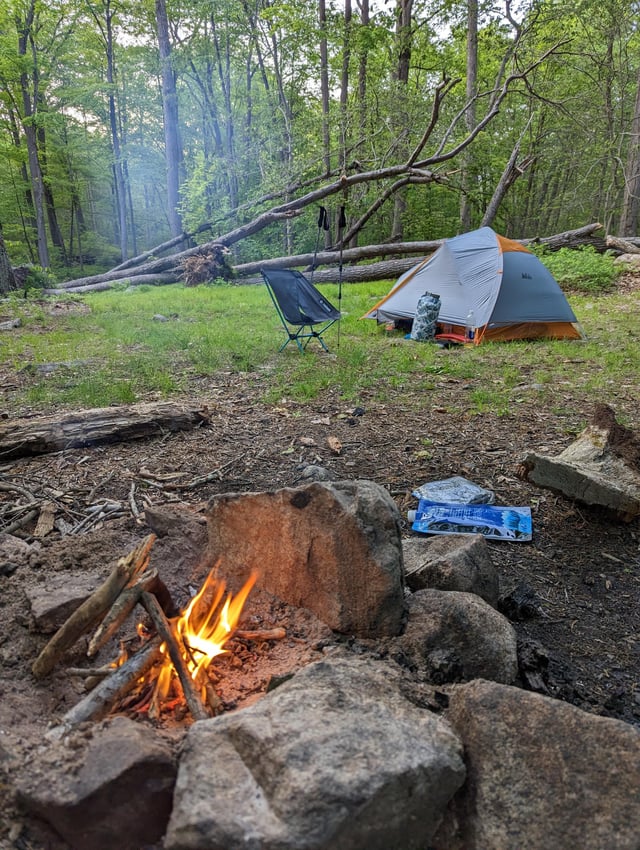
Additionally, many campsites have noise restrictions at night to promote a peaceful environment for fellow campers.
Lastly, it's important to be aware of the maximum stay duration allowed at a campsite to avoid any violations.
Fire Safety Rules
Campers must adhere to strict fire safety rules and regulations while at the campsite. Ensuring the safety of both campers and the natural environment is crucial. Here are some fire safety guidelines and fire prevention measures that should be followed:
- Always check if campfires are allowed in the area before starting one.
- Keep the campfire small and manageable, using only designated fire rings or pits.
- Never leave the campfire unattended and always extinguish it completely before leaving.
- Be cautious of surrounding vegetation and avoid setting up camp near dry grass or leaves.
Noise Restrictions at Night
Continuing with the regulations for campsite safety, it is essential to be aware of the noise restrictions in place during nighttime hours.
Many backpacking destinations have specific rules regarding noise levels to ensure a peaceful and undisturbed environment for all campers. These regulations are put in place to respect the tranquility of the surrounding nature and allow campers to enjoy a restful sleep.
It is important to familiarize yourself with the specific noise restrictions of the area you plan to visit, as they may vary. When choosing a campsite, consider the placement of your tent in relation to other campers to minimize noise disturbances.
Additionally, be mindful of your lighting rules to avoid disturbing others during the night. By adhering to these regulations, you can help maintain a harmonious camping experience for everyone.
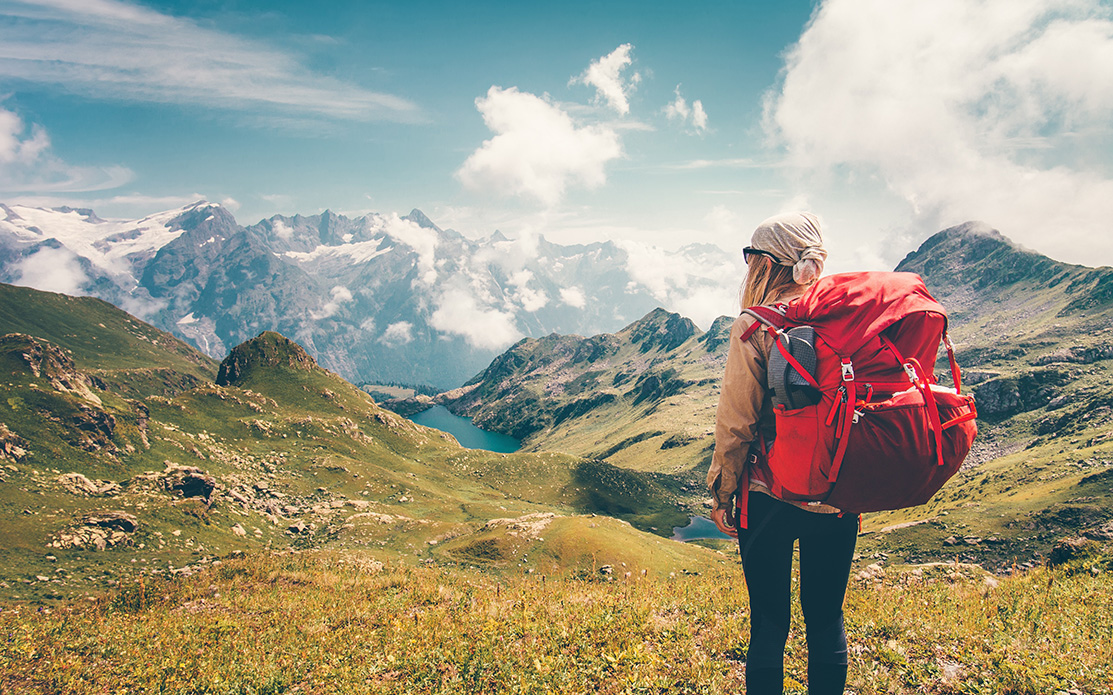
Maximum Stay Duration
To ensure campsite availability for all backpackers, it is important to adhere to the maximum stay duration regulations imposed by the backpacking permit authorities. These regulations are in place to prevent overcrowding and allow everyone to enjoy the natural beauty of the wilderness. It is crucial to respect these maximum stay durations to ensure a fair and equitable experience for all backpackers.
Here are some important camping restrictions to keep in mind:
Maximum stay duration limits vary depending on the specific backpacking area. It is essential to check the regulations for the particular location you plan to visit.
Exceeding the maximum stay duration can result in fines or penalties, and may even lead to the revocation of your backpacking permit.
Some campsites may have a maximum stay duration of only a few nights, while others may allow longer stays. Be sure to plan your trip accordingly.
By adhering to these maximum stay duration regulations, you contribute to the preservation of the natural environment and help maintain the integrity of the backpacking experience for future generations.
Fire Regulations
What are the regulations regarding fires while backpacking?
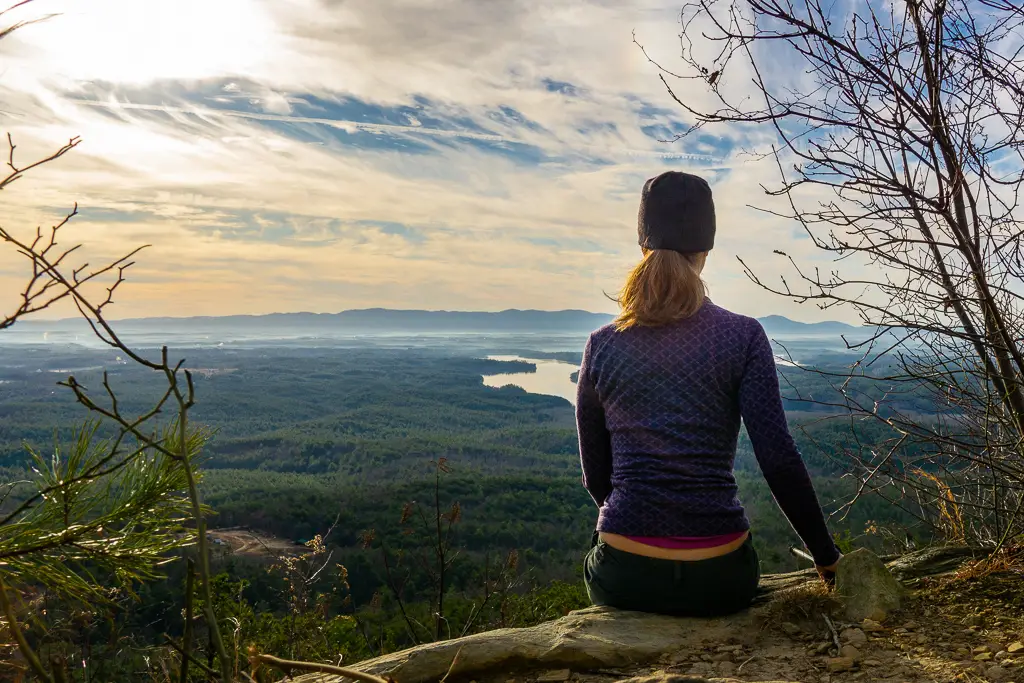
Fire regulations play a crucial role in ensuring the safety of backpackers and the preservation of natural environments.
When it comes to fire prevention, backpackers must adhere to certain guidelines to minimize the risk of wildfires. This includes using designated fire rings or pits, and never leaving a fire unattended. Additionally, backpackers should always carry a fire extinguisher or water source to quickly extinguish any flames.
When it comes to firewood collection, it is important to follow the specific regulations of the area. Many national parks and forests prohibit the collection of firewood, as it disrupts the natural ecosystem. Instead, backpackers are encouraged to bring their own firewood or purchase it from authorized vendors to prevent the spread of invasive species and maintain the balance of the environment.
Wildlife Protection
When backpacking in areas with wildlife, it is important to be aware of camping restrictions that may be in place to protect these animals and their habitats. These restrictions may include designated camping areas or limitations on campfires and food storage.
Additionally, it is crucial to respect and protect endangered species by not disturbing their habitats or feeding them.
Minimizing human-wildlife conflicts is also essential, which can be achieved by properly storing food and garbage and keeping a safe distance from wildlife encounters.
Camping Restrictions for Wildlife
Backpackers must consistently adhere to camping restrictions for wildlife protection to ensure the preservation and safety of the surrounding ecosystem. By following wildlife management guidelines and practicing responsible camping ethics, backpackers can minimize their impact on the natural habitat and contribute to the conservation efforts.
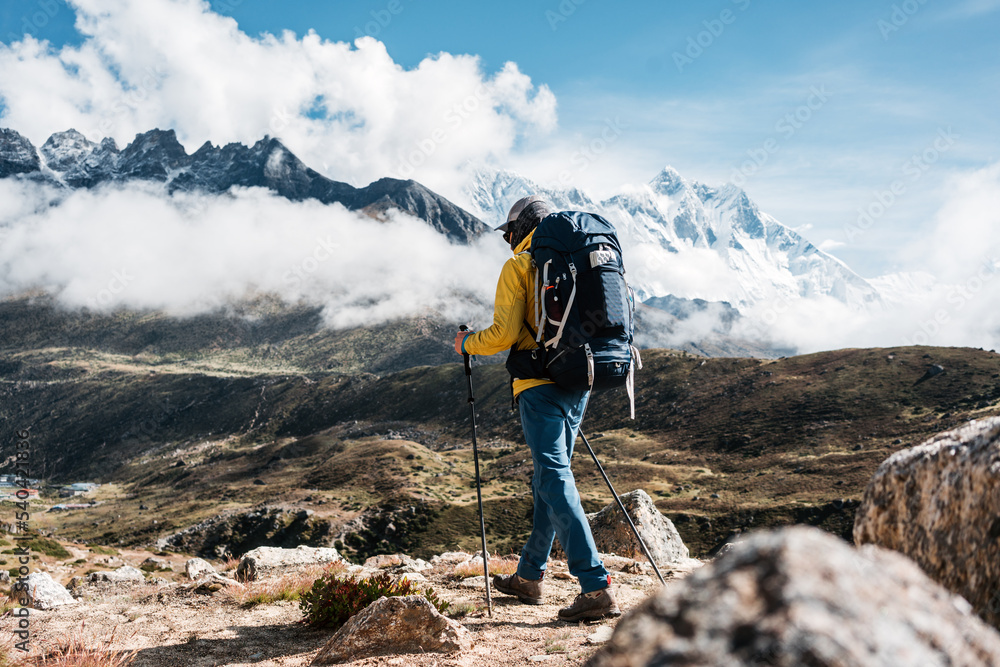
Here are some crucial camping restrictions to keep in mind:
No food storage in tents: Storing food inside tents can attract wildlife, potentially leading to dangerous encounters.
Campsite selection: Choose designated campsites located away from wildlife habitats to minimize disturbance.
Proper waste disposal: Dispose of trash and waste in designated containers to prevent animals from accessing food and becoming habituated to human presence.
Respect quiet hours: Avoid making loud noises during designated quiet hours to minimize disturbance to wildlife and other campers.
Protecting Endangered Species
One important regulation for backpackers is the protection of endangered species in the surrounding ecosystem. Endangered species conservation is crucial for maintaining the delicate balance of the ecosystem and preserving biodiversity. Responsible tourism plays a vital role in ensuring the well-being of these species.
Backpackers should be mindful of their impact on the environment and take necessary measures to minimize disturbance to wildlife habitats. This includes following designated trails, avoiding off-trail exploration, and refraining from feeding or approaching wildlife. Backpackers should also familiarize themselves with local regulations and guidelines regarding wildlife protection.
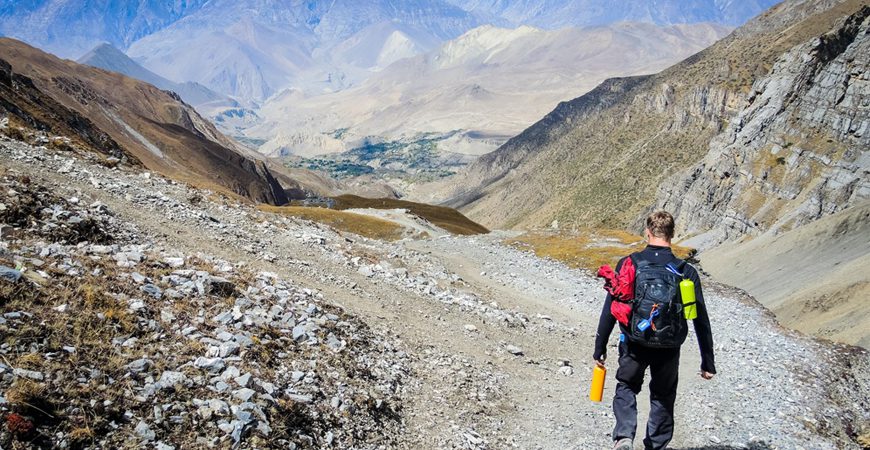
Minimizing Human-Wildlife Conflicts
To ensure the safety of both humans and wildlife, it is imperative to implement measures aimed at minimizing human-wildlife conflicts in backpacking areas. These conflicts can result in harm to both parties and disrupt the delicate balance of ecosystems.
Here are some key strategies for human wildlife conflict mitigation and wildlife corridor conservation:
Education and Awareness: Provide backpackers with information about local wildlife and how to behave responsibly in their presence.
Proper Food Storage: Encourage backpackers to store their food securely to prevent wildlife from being attracted to campsites.
Designated Trails: Establish clearly marked trails to minimize human intrusion into wildlife habitats.
Habitat Protection: Identify and conserve wildlife corridors, which are essential for maintaining connectivity between different habitats.
Leave No Trace Principles
It is important to adhere to the principles of Leave No Trace while backpacking, as they promote responsible outdoor practices. These principles are designed to minimize the impact on the environment and ensure that future generations can enjoy the same natural beauty.
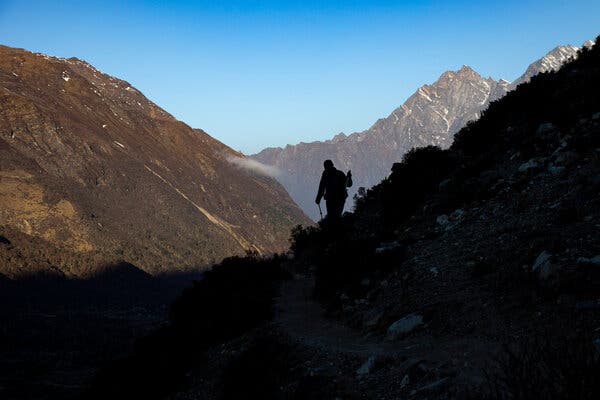
The first principle is to plan ahead and prepare, which involves researching the area, understanding the regulations, and packing appropriate gear.
The second principle is to travel and camp on durable surfaces, such as established trails and campsites, to avoid damaging delicate ecosystems.
The third principle is to dispose of waste properly, including human waste, by using designated facilities or burying it at least 6-8 inches deep and 200 feet away from water sources.
The fourth principle is to leave what you find, taking only pictures and memories, to preserve the natural environment.
The fifth principle is to minimize campfire impact by using established fire rings or stoves and following local regulations.
The sixth principle is to respect wildlife by observing them from a distance and not feeding or approaching them.
The seventh principle is to be considerate of other visitors, keeping noise levels low and respecting their right to enjoy the outdoors.
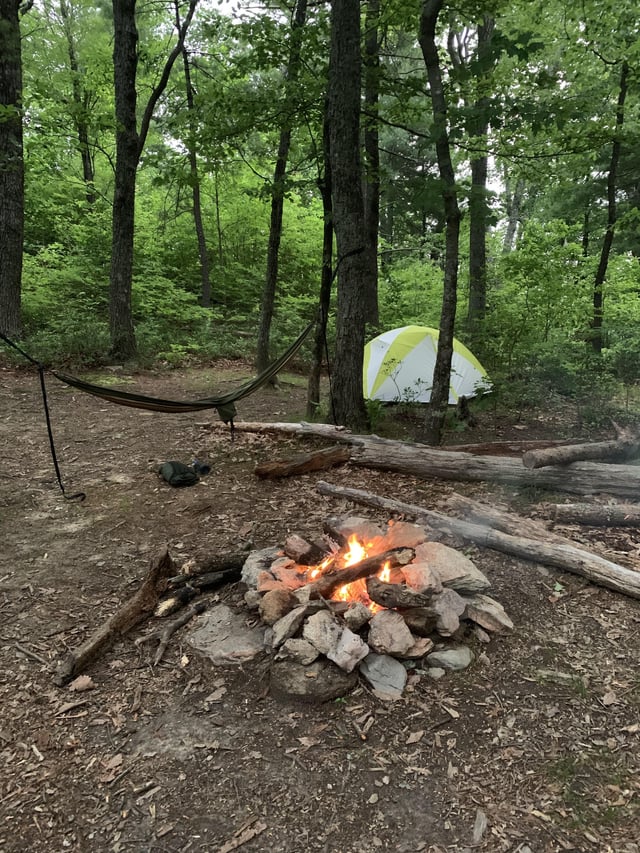
Backcountry Permits
Continuing from the previous subtopic, it is imperative for backpackers to obtain backcountry permits, which are essential for ensuring compliance with regulations and maintaining the sustainability of wilderness areas. These permits are required for accessing and staying in designated backcountry areas within national forests and other protected lands. Failure to obtain these permits can result in fines or even being asked to leave the area.
Here are some key points to consider regarding backcountry permits:
- Permits help manage visitor numbers, ensuring a more enjoyable and sustainable experience for everyone.
- They help protect sensitive ecosystems and wildlife by limiting human impact.
- Permits also play a crucial role in monitoring and mitigating potential hazards, such as wildfires or natural disasters.
- River permits are often required for backpackers planning to explore and camp along rivers, as they help regulate activities and protect the water resources.
Group Sizes
Backpackers must adhere to regulations regarding group sizes, as this helps maintain the sustainability and safety of backcountry areas. When planning a backpacking trip, it is important to consider the dynamics of the group and the impact it can have on the environment.
Large groups can put a strain on natural resources and disturb wildlife, so it is recommended to keep group sizes small. Smaller groups also allow for better communication and coordination, making it easier to navigate through challenging terrains and ensuring everyone's safety. Additionally, smaller groups are less likely to create conflicts and can better appreciate the solitude and serenity of the backcountry.
Food Storage
Properly storing food is essential for maintaining the safety of backcountry areas during backpacking trips. When it comes to food storage, there are a few important guidelines to keep in mind:
Pack it out, don't leave it out: Dispose of food waste properly by packing out all leftovers and trash. Leaving food waste behind not only creates an unsightly mess but can also attract wildlife, leading to potential bear encounters.
Use bear-resistant containers: Invest in bear-resistant containers or bear canisters to store your food. These sturdy containers are designed to keep your food secure and inaccessible to bears, reducing the risk of dangerous encounters.
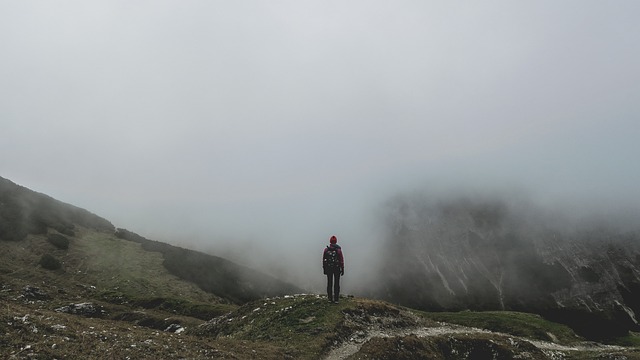
Hang your food: If bear canisters are not available, hanging your food in a bear-resistant bag is an alternative option. Make sure to choose a suitable location, away from your sleeping area and at least 10 feet off the ground and 4 feet away from any tree trunks.
Clean up spills and residues: Keep your campsite clean by promptly cleaning up any spills or residues from cooking. This helps to minimize odors and food smells that may attract wildlife.
Pet Policies
Pet policies are an important aspect to consider when backpacking in regulated areas. Many wilderness areas have specific rules and restrictions regarding pets to protect both the natural environment and other visitors.
It is essential to familiarize yourself with these pet restrictions before embarking on your backpacking trip. Some areas may have a complete ban on pets, while others may have specific leash requirements. These regulations are in place to ensure the safety of both pets and wildlife, as well as to maintain the tranquility of the wilderness experience for all visitors.
It is crucial to respect and abide by these policies to preserve the delicate balance of the ecosystem and to avoid any potential conflicts with other backpackers or wildlife.
Sanitation
Maintaining proper sanitation is a fundamental responsibility for backpackers in regulated areas. By following good sanitation practices, backpackers can minimize their impact on the environment and ensure the safety of themselves and others.
Here are some important aspects of sanitation that backpackers should keep in mind:
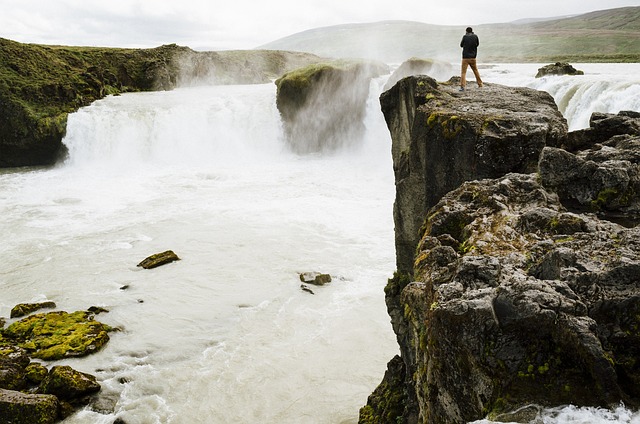
Proper waste disposal: It is crucial to dispose of waste in designated areas or using approved methods. This helps prevent contamination of water sources and preserves the natural beauty of the surroundings.
Personal hygiene: Practicing good personal hygiene, such as washing hands regularly and using biodegradable toiletries, helps prevent the spread of germs and minimizes pollution.
Leave no trace: Backpackers should strive to leave no trace of their presence by packing out all trash and minimizing any impact on the environment.
Respect for wildlife: Backpackers should respect wildlife by not feeding them or leaving food scraps behind, as this can disrupt their natural behavior and harm their health.
Frequently Asked Questions
Are There Any Restrictions on the Use of Camping Stoves or Portable Grills in Backpacking Areas?
Camping stove regulations and portable grill restrictions vary in backpacking areas. It is important to be aware of any restrictions imposed by park authorities to ensure compliance and preserve the natural environment.
Can I Bring My Own Firewood for Campfires in Wilderness Areas?
Bringing firewood for campfires in wilderness areas may be subject to cooking restrictions. It is important to check local regulations and permit requirements to ensure compliance and maintain the freedom to enjoy outdoor cooking experiences.
Are There Any Specific Regulations Regarding the Use of Drones While Backpacking?
When engaging in backpacking activities, it is important to be aware of regulations surrounding the use of drones. These regulations are in place to ensure the safety of both individuals and the environment, as well as to protect privacy rights.
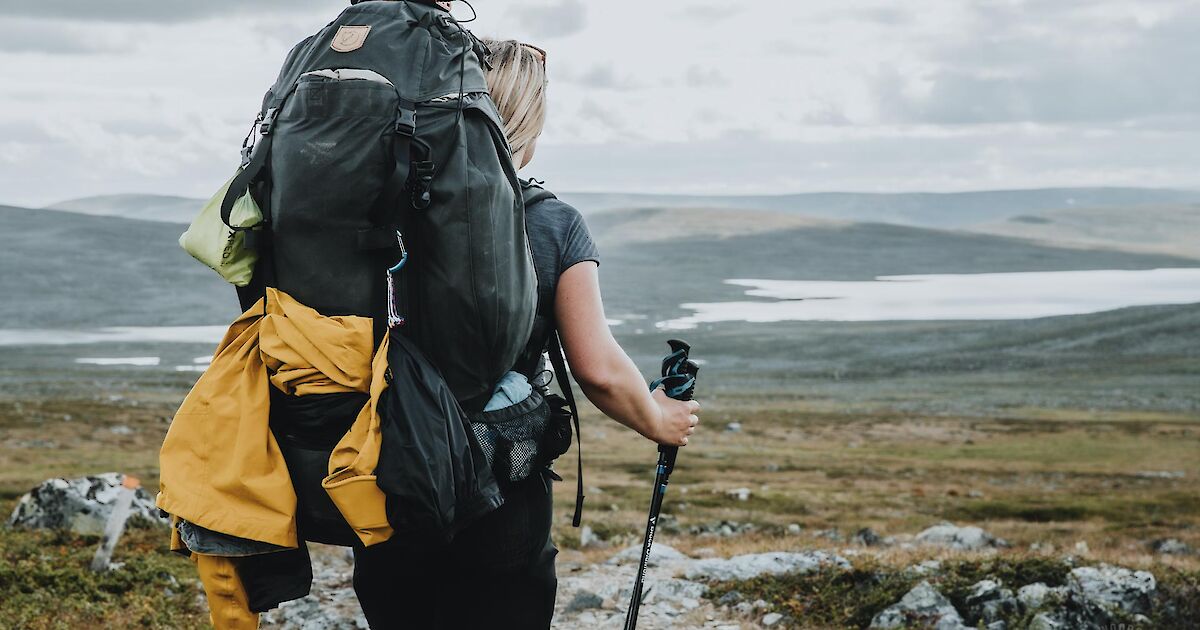
Can I Bring My Dog on a Backpacking Trip?
When considering bringing a dog on a backpacking trip, it is important to research dog-friendly trails and take necessary pet safety precautions. Planning ahead ensures a positive experience for both you and your furry companion.
Are There Any Restrictions on Fishing in Backpacking Areas?
Fishing regulations and campfire restrictions are important considerations when backpacking. It is crucial to research and understand the specific rules and regulations of the area you plan to visit to ensure compliance and preserve the natural environment.
 Liveaboard LifestyleTravel DestinationsExPat Places to LiveRV LifeDigital Nomad TravelPrivacy PolicyTerms And Conditions
Liveaboard LifestyleTravel DestinationsExPat Places to LiveRV LifeDigital Nomad TravelPrivacy PolicyTerms And Conditions
